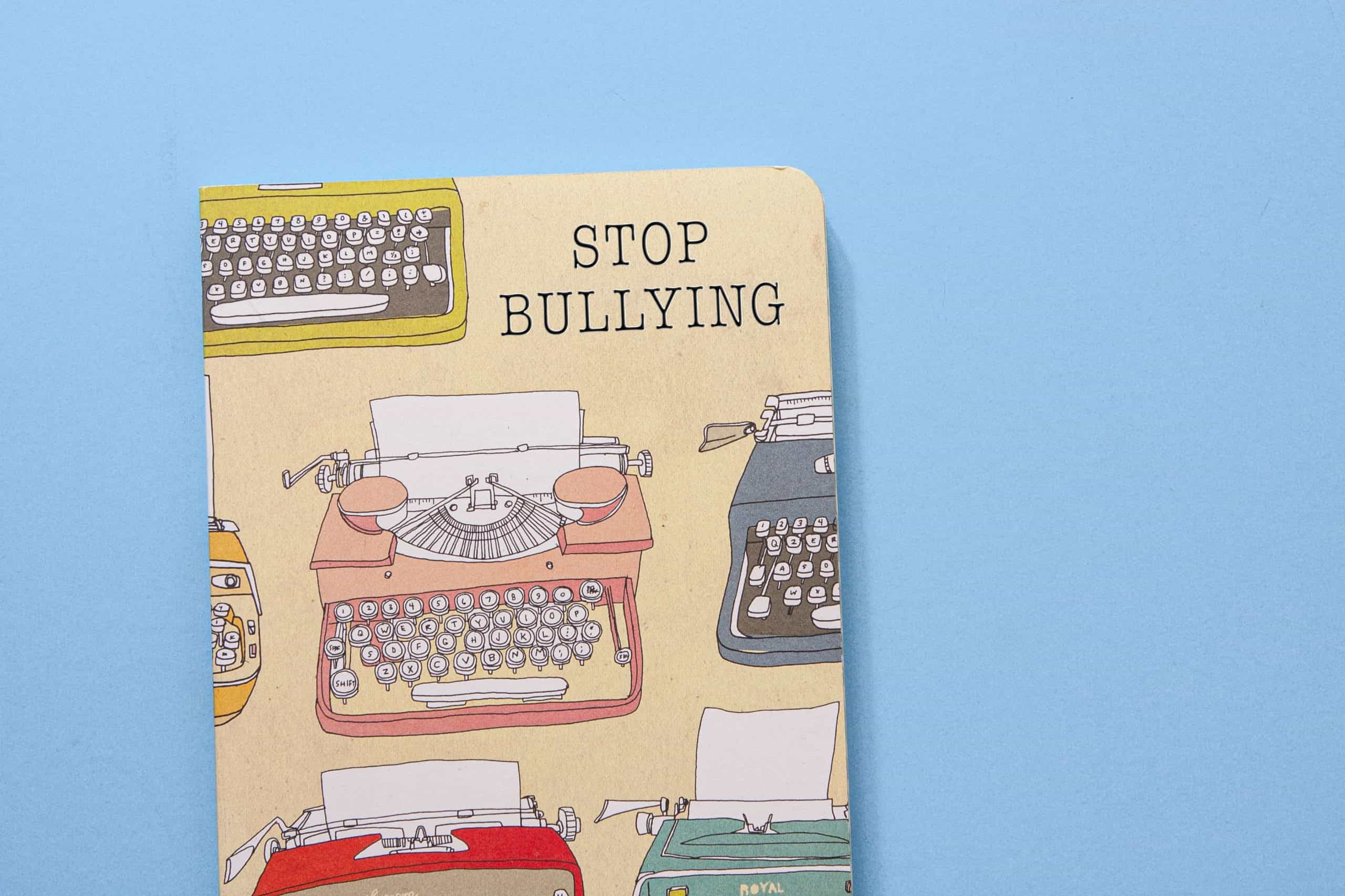
Note: This is a guest post by Jude Morrison
Cyberbullying is one of the major and serious problems in today’s society. It is a major social issue that has spread far and wide in online groups. Cyberbullying causes depression, anxiety and some people even commit suicide. It is affecting the well-being of kids. Teens are vulnerable to cyberbullying because technology and social media are so popular in their life.
You should also teach your kids about digital etiquette. It is a privilege, not a right, to use social media and other internet tools, and it can be taken away if they are unable to use them responsibly. As it has taken many people’s lives, it is crucial to understand what cyberbullying is, its effects, and how to prevent it. Most parents are so worried about protecting their children that they focus on taking strong measures to stop bullying.
What is Cyberbullying?
Cyberbullying is bullying that takes place through the use of modern technology. It can happen in different places such as social media, messaging systems, gaming platforms, mobile phones, etc. It is a pattern of behavior intended to frighten, anger, or shame individuals who are being targeted.
Cyberbullying includes sending, uploading, or spreading unpleasant, harmful, or misleading content about someone else. It also includes sharing intimate or private information of other people whose aim is to hurt people online. Cyberbullying can even sometimes cross the line into illegal or criminal action. It’s anything that’s uploaded online with the intent of hurting, harassing, or upsetting someone else.
10 Tips to Prevent Cyberbullying
Here, we have ten tips you can use to protect you and your kids from being bullied online, which might benefit you.
1. Educate Yourself on Cyberbullying
You must first learn what cyberbullying is, to prevent it. You can research what cyberbullying is, as well as how and where it occurs. You can speak or consult with your friends about their experience and share and learn more from your friends and families.
As a parent, it’s essential to keep an eye out for warning signs in the individuals around your kids. The more information you have, the more equipped you will be to prevent cyberbullying in your kid’s life. Parents need to understand everything they can about their children’s online and smartphone activities. You can use cybersecurity strategies to ensure the safety of children online.
2. Monitor Your Teen’s Online Activities
To prevent cyberbullying, you need to monitor your teens’ internet activity. It is essential to keep an eye on what your youngster writes on their social media platforms like Facebook, Instagram, etc. Online attackers aim to harm your kids, so make sure they don’t share their personal or private information online. It would be better to check your kid’s Internet search history regularly. You can track your kids’ internet activities to ensure their online safety.
3. Teach Your Teens To Safeguard Their Password and Log Out Social Media on Public Devices
It is crucial to keep your password and other personal information safe. You need to make sure that your teens are always logged out of social media on public devices. It is vital to keep passwords strong so that no third party can breach your social media accounts, as you don’t want bullies to be able to post false/private/embarrassing information or photos on your social media profiles. If you stay logged in on a public device, bullies may be able to lock you out of your account and pretend to be you online. Make sure they log out of emails, social media accounts, school accounts, or any other accounts they have created. Once the attackers get access to your accounts they can take control by changing the password and can impersonate your child online by making fake posts and comments.
For instance, double-check that you’ve logged out of all your accounts if you’re using a public library computer or someone else’s tablet or mobile phone. Teach your youngster that passwords should never be shared with anybody, including their best friend.
4. Make Use of Privacy Settings and Tools
Every social media platform be it Instagram, Twitter, Snapchat, and TikTok offers privacy settings and options. So make sure your child is aware of those privacy options, regardless of what they do online. You can guide your kids through each account and assist them in setting their privacy settings to the most secure.
You can teach your kids to make accounts private, restrict people from tagging them. With the secured privacy settings, your kids are safer on the Internet as it allows you to seek permission before sharing one of your kid’s images. It also allows you to restrict your online profiles and can be viewed by only trusted people. You can block people as well as report the problems to the service or the app. So make sure you use available tech tools provided by the applications to prevent you and your kids from being bullied.
5. Don’t Respond or React.
Standing up to a bully can be useful in certain situations, but it’s more likely to provoke the person and worsen the problem. When dealing with online bullying, the best way is to walk away or take a break. It allows you to breathe so you don’t feel forced to respond or engage with the bullies. When we react angrily, we can escalate the problem. So please don’t react to such behaviors. If you react to online bullying, it gives attackers control over you. Hence, it’s better if you don’t respond and remove yourself from the situation if possible, as you don’t want to encourage a bully. You must ensure that your child understands the importance of internet privacy.
6. Keep the Evidence Safe
It is crucial to save any evidence of the bullying as it is the only evidence if things get out of hand. The only good thing regarding bullying is that it can be recorded, preserved. So if you preserve those evidence, then you can show it to someone who can assist. Keeping your evidence safe after cyberbullying can assist you in proving your case. It goes out of hand; you should report it to the police.
As a parent, you can create a copy or store those pieces of evidence to a flash drive or cloud backup. So your kids don’t have to keep harmful emails, messages, or other communications where you can see them all the time. All of the texts should be saved, screenshotted, and printed as proof of cyberbullying.
7. Report or Take Action Against CyberBullies
Teach your kids the importance of reporting cyberbullying. You need to educate your kids not only to inform you of the situation but also inform the social media platform, internet service provider, and any other relevant parties. If the bullying is out of control and you need to end the harassment, you should call the police. When people write nasty or mean things on social media platforms, they are taken seriously. The site administrator of the application bans the bully if users report abuse, and they make sure the attackers cannot use the site in the future. Take the necessary actions to block the individual or account that is responsible for cyberbullying.
8. Teach Your Kids to Rethink Before Posting
A cyberbully’s preferred tool is usually sexual photographs and texts. If they get their hands on sexual content, they usually don’t think twice about broadcasting it or using it to blackmail their victim. Cyberbullies frequently fake another person online. So encourage your teens to take some time before sharing.
If you take your time and help your kids create posts, your child will think about what they are sharing. With this habit, youngsters have a positive relationship with social media. And it allows them to decide whether or not it is something they want to communicate publicly.
9. Raise Awareness
It is essential to raise awareness about cyberbullying to prevent it. You can inform your friends, family, and everyone else about cyberbully and its effects. Knowledge is a powerful tool so sharing your knowledge can help others to come out of bad situations. Hence it’s crucial to create an awareness program. Bullies thrive on secrecy, and raising awareness reduces one’s power. You can raise awareness of cyberbullying through a movement, a club, an event, or a campaign. It’s critical to stick together and work for long-term solutions to cyberbullying.
10. Keep your Personal Information Private
As a parent, it’s crucial to teach your kids not to share their personal and private information online. This information includes home address, phone number, or email address. Disclosing too much information about their school or home, especially if they have online friends or followers they don’t know well, attracts cyberbullying. Educate them that people on the Internet are not always who they claim to be. For instance, the profile picture is of a teenage girl, but the person behind the account is not a teen girl. It can be someone who is faking to be that young girl to obtain information on other teenagers. So, kids should be cautious when sharing their information online.
Finally:
Cyberbullying is becoming more common these days and specifically among middle-school kids. Parents must discuss the dangers of cyberbullying with their children. Every parent must safeguard their child from internet trolls, cyberbullies, and other toxic individuals online. It is essential to sit down with your kids and discuss how to safely use online tools and protect them from internet predators.
You should also explain what to do if they are cyberbullied, including how to report cyberbullying to the proper authorities. With these strategies, you can protect your kids from bullying or cybercrime. Communicating and sharing information related to bullying and cyberbullying with your kids will benefit them for the rest of their life. I hope this article has been beneficial for you.






